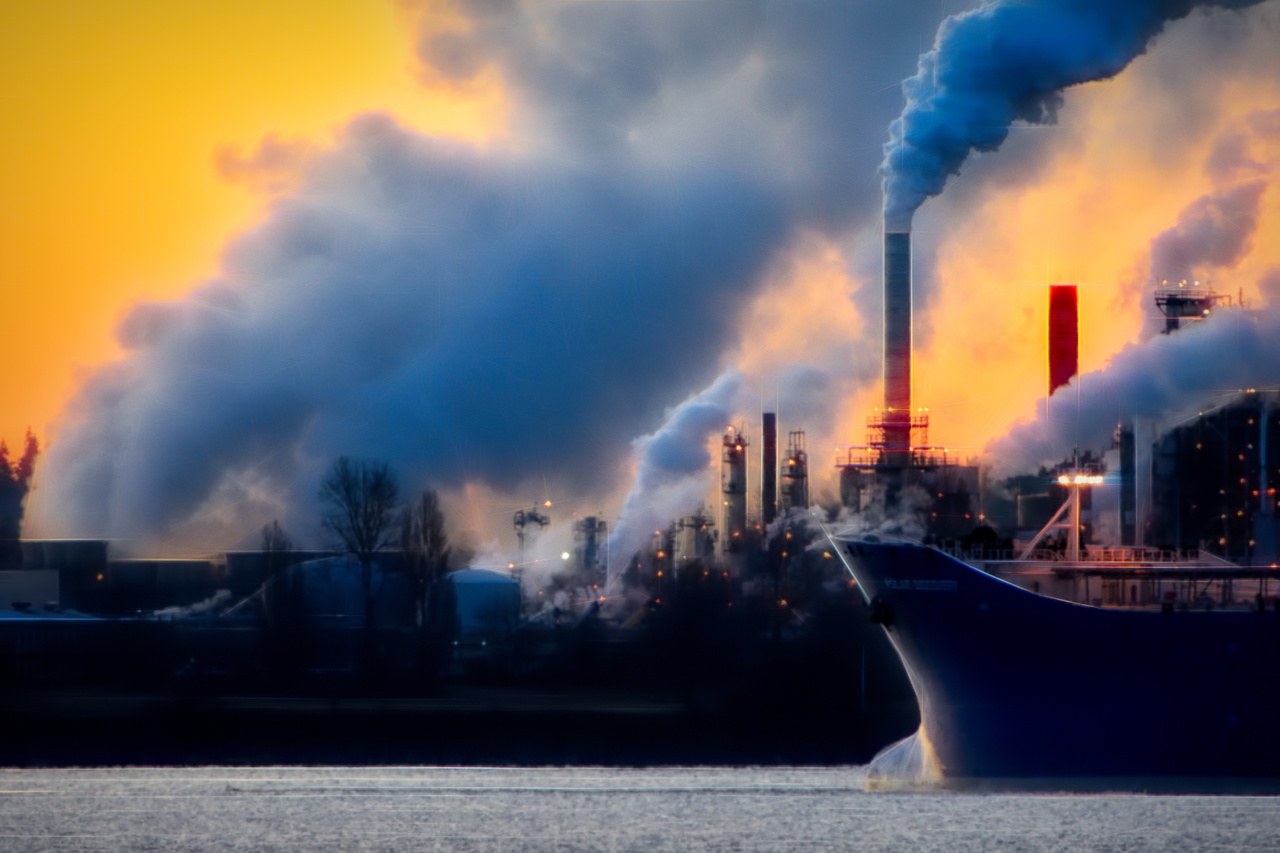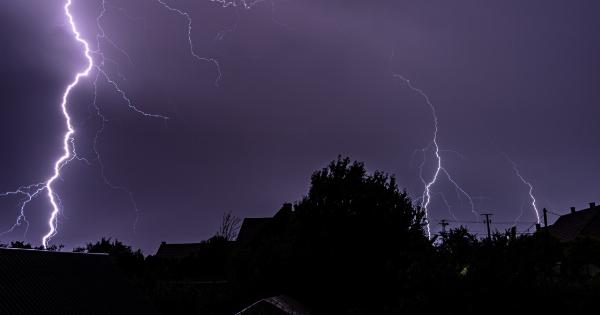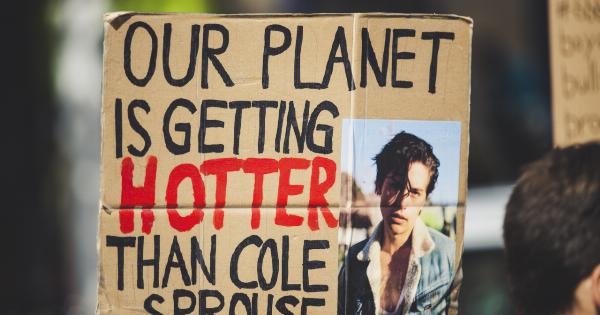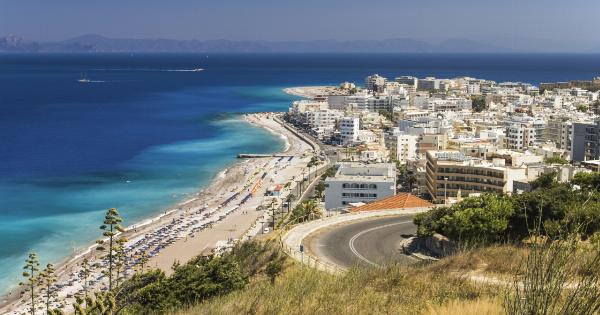The state of the earth’s atmosphere is a matter of concern not just for scientists and environmentalists but for every individual whose actions contribute to the current crisis.
The burning of fossil fuels, deforestation, and other unsustainable practices have led to a dramatic increase in greenhouse gas emissions, causing a gradual and irreversible change in our planet’s climate patterns.
What is Guilt-Ridden Atmosphere?
The guilt-ridden atmosphere is a psychosocial phenomenon that refers to the emotional distress felt by individuals who are aware of the harmful consequences of their actions to the environment but are unable to make meaningful changes.
People who experience this feeling are often caught in a loop of guilt and frustration, sensing a moral obligation to act sustainably, but failing to do so due to various reasons – often related to capitalism and consumption.
The Psychology of Guilt-Ridden Atmosphere
The psychology of the guilt-ridden atmosphere involves the intersection of individual values and societal expectations.
Many people aspire towards sustainability or eco-friendliness; however, in contemporary culture in which economic growth and success are celebrated, it is hard not to be swept up by the consumeristic tendencies that define modern capitalism. As people continue to receive more and more pressures to keep up with the Joneses, they often find themselves buying products or services that are not sustainably sourced or produced.
The Impact of a Polluted Atmosphere
The impact of a polluted atmosphere on human health and the environment is unprecedented and irreversible.
Rising temperatures, air pollution, soil erosion, ocean acidification, and biodiversity loss are just some of the negative impacts of carbon emissions to ecosystems, to health and to well-being.
The Effects of Climate Change on Human Health
Climate change has a direct impact on human health.
For one, air pollution is the ninth leading cause of death worldwide. It contributes to chronic respiratory diseases, lung cancer, stroke, and heart disease.
In addition, heatwaves have become more common in many places, and exposure to hot temperatures increases the risk of heat exhaustion, dehydration, and other heat-related illnesses. The presence of fierce storms and flooding also poses a threat to human life and wellbeing.
In fact, the 2018 Intergovernmental Panel on Climate Change (IPCC) report showed that over the last 20 years, the number of people exposed to floods has increased by 114%.
The Effects of Climate Change on Biodiversity
Climate change also has a drastic impact on biodiversity, including the extinction of many species. The rise in global temperature has led to changes in the behavior of plant and animal species, disrupting food chains and ecosystems.
In addition, the increase in the frequency and intensity of extreme weather events such as hurricanes, tsunamis, and wildfires also affect biodiversity. For example, St. Helena olive, a unique plant species found on the island of St. Helena, is reportedly at risk of extinction due to climate change.
The Right Response to Climate Change
As it is essential to reduce the carbon footprint and develop sustainable solutions to tackle climate change, a grassroots or community-led approach is crucial to achieving this.
Governments, corporations, and institutions must work towards a sustainable future, but so must individuals. Individual actions, when done collectively, can create a profound and lasting impact that glues together with governing policies.
The more people can do to reduce their greenhouse gas emissions, the more efficient they can contribute to saving the earth.
The Conspiracy of Silence
Another factor that contributes to the lack of action on climate change is the conspiracy of silence by those who deny its profound impact on human and ecosystems.
Climate-change deniers often belong to industries that benefit from fossil fuels and the status quo. This silence ultimately endorses pollution and inaction, indirectly risking future generations’ lives. To address the climate crisis, we need a more open-minded approach that values transparency over politics and private gain.
The Role of Education and Awareness
The role of education and awareness in addressing the climate crisis cannot be emphasized enough. Educating people about the impact of their actions and giving them the tools to change their behavior is crucial.
Governments, corporations, and institutions should invest in comprehensive environmental education, promoting and incentivizing their workforce and customers to take action as well. Through education, individuals will be able to make informed decisions and guide their consumption towards a sustainable future.
The Need for Collective Responsibility
The impact of carbon emissions on the earth’s atmosphere is a severe problem that requires collective responsibility.
There must be a concerted effort by governments, corporations, and individuals to reduce the carbon footprint and adopt more sustainable practices. Communities and individuals should work together to find solutions, hold their leaders accountable, and drive positive social change. To secure a sustainable future for the earth and humanity, we must move collectively towards change.




























